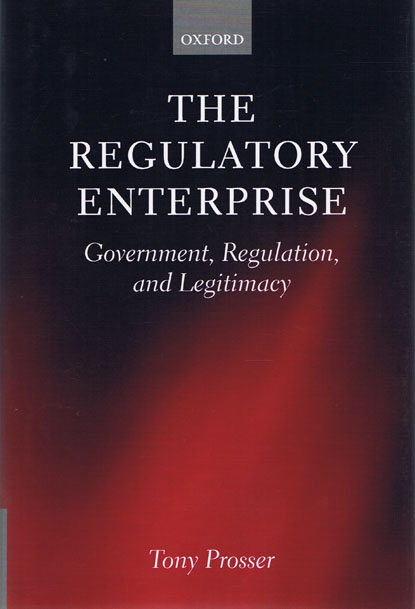
The use of regulation to control behaviour is a defining feature of modern government, penetrating a wide range of social and economic life, from health and social care to transport and environmental protection.
This book offers a detailed study of how regulation works in practice, its legal framework, and the arguments surrounding its economic and social impact.
The book focuses on a range of British regulatory bodies, including the Human Fertilisation and Embryology Authority, the Food Standards Agency, the Environment Agency, the Health and Safety Executive, the regulators for health and social care, and the utility regulators covering communications, energy, rail, and water.
It uncovers the complex network of different institutions that constitute the regulatory enterprise, including central government departments and European institutions. It argues that effective regulatory accountability requires that the relations between the different bodies are clear and transparent, and assesses the extent to which this is achieved in practice.
The book highlights the range of tasks which regulators perform. Many regulators are responsible for economic regulation aimed at increasing efficiency and promoting consumer choice, but they also have other roles, notably protecting human rights, promoting social solidarity and social inclusion, and providing a forum for deliberation and learning through listening to different interests. The different legal duties of regulators, and their operation in practice, are examined in relation to these different roles, with an emphasis on how regulators ought to decide and how they can be held accountable for their decisions.
Finally the book looks at how regulators themselves are regulated as part of the 'better regulation' initiative, examining attempts to reduce regulatory burdens and to improve regulatory procedures, for example through the use of regulatory impact analysis. It also features comparative analysis of experience from France and the USA.